I am in London now, in transit on my way back to San Francisco early tomorrow morning, but thought this would be a good chance to summarize some of the wonders I experienced in Istanbul. Turkey is a city of so many layers, historical and social, that no one week visit can possibly plumb them in any kind of adequate depth. Still, my interest was continually piqued by the good luck to be hosted by Ali and his mother Fatima, her beau Uner, and the window they provided on a new culture that seems to be flourishing beneath the surface, at least in Istanbul.
Our visit to Istanbul was bracketed by two concerts, the first I described in my first Istanbul post (briefly) and last night was an incredible tour de force of some 60+ performers under the name KardeÅŸ Tűrkűler. At any given moment there were upwards of 40 performers on stage, a large chorus plus virtuoso tabla and drummers, saxophone or clarinet or other Arabic flutes, accordion, bass guitar, electric guitars, pig bladders”¦ you name it! A half dozen times during amazing, inspiring musical numbers, dance troupes poured onto the stage. The one I was most inspired by was a Kurdish troupe who performed to a very rousing number, huddling together shoulder to shoulder dancing in hip-swaying rhythm, individuals at the ends of the line occasionally breaking out to do some wild additional moves, then rejoining the group. The audience went wild, many circling up as Turks do to dance together in beautiful rhythms, swaying and stepping back and forth, in and out, so easy and friendly and communal, unlike any dancing we do in the U.S.
This concert, like the one last Monday, featured a number of Kurdish songs and performers, but this one also referenced the assassinated Armenian-Turkish newspaper editor Hrant Dink, and featured a classic Armenian song and dance, very mournful.
This week in Istanbul introduced me to a great deal. I knew very little about modern Turkey or the historic Ottoman Empire. Now I know a tiny bit. Being with Ali and his family and friends was a great window into the left/progressive minority in Istanbul. The concerts both invoked a strong multi-ethnic, diverse culture that celebrates and honors the very minorities that Turkish nationalism denies, suppresses and treats as terrorism” the Armenians and the Kurds especially. Several times we watched crowds get very emotional about the Kurds, the music of Aynura stirring great passion last Monday, and the wild ensemble last night bringing it out again. It brought the house down and sent chills up my spine.
It’s odd to have this cultural experience juxtaposed to the egregiously paranoid Turkish state and its nationalist partisans. Big red flags everywhere (many only put up in the last year I heard), repression against writers like Pamuk and others, plus the endless military operations in eastern Turkey against the Kurds, Ataturk still staring down from everywhere, still total official denial of the Armenian genocide”¦ The Turks are 100% on board with the “war on terror,” made easier by the fact that there actually IS an armed Kurdish resistance here, and it HAS bombed and killed often enough (nothing compared to the ongoing Turkish military operations in southeast Turkey).
The Armenian story we heard was really interesting. Fatima told us about Dink, the editor, speaking at an academic conference last year, where he told the story of an elderly Armenian woman who returned every year to her ancestral village in central Turkey even though there have not been any Armenians living there for decades. On a visit a few years ago she passed away. The local authorities didn’t know what to do with her body, and it led to a search for any distant relatives she might have in Istanbul, and one was finally found. The story that I’m telling 4th hand at this point, apparently provoked an intense emotional reaction by the folks at the conference, and then after Dink’s assassination, it was spread further in the mass media, further inspiring an emotional reconnection to the Armenian question. Because as Dink said, the Armenian-Turks are not asking to take land from the Turks, but only to be able to go down into the land, into the soil”¦ the intensity of the story we heard, the emotions that came up simply in telling us, and those national emotions that the story referred to, show rather compellingly how much the stories that make up modern Turkey but don’t fit the heroic and paranoiac narrative of the State, are far from vanquished. On the contrary, they are capable of unveiling deep reservoirs of sentiment and political passion that are just below the surface. It seems that the oppressive and authoritarian Turkish nationalism is only obscuring the deep feelings in Anatolia and Asia Minor, the languages, songs, dances, poetry and beliefs of some dozens of ethnic minorities. Based on how these glimpses through music and story tapped such enthusiasm and deep emotion, it seems a rather different, multicultural Turkey is trying to emerge.



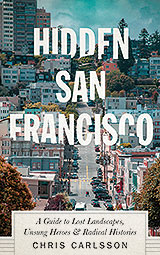
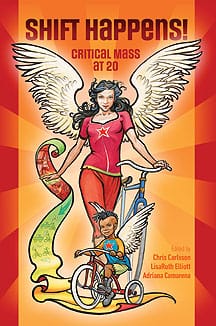
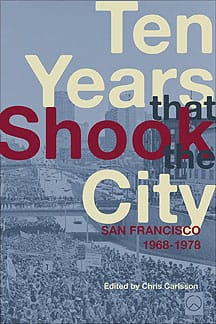
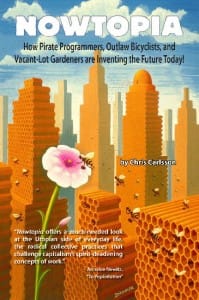
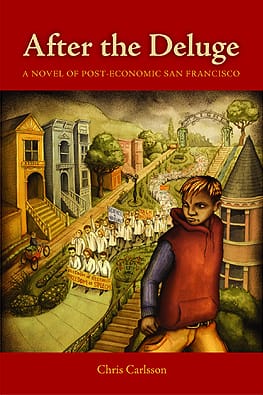
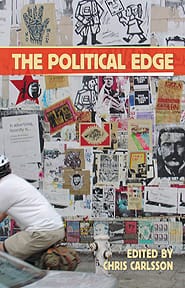
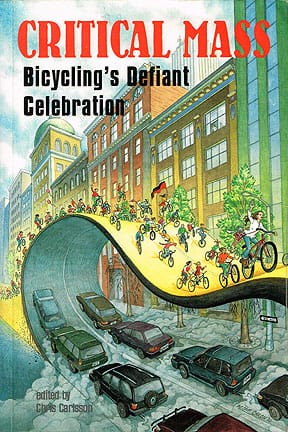
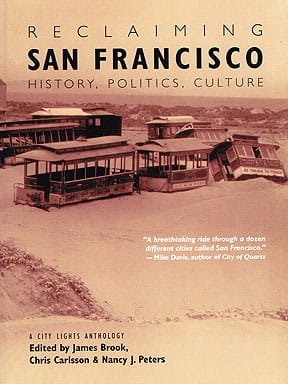
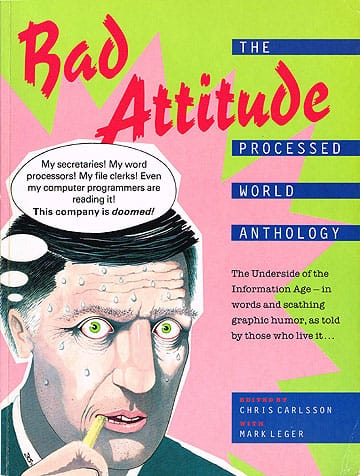
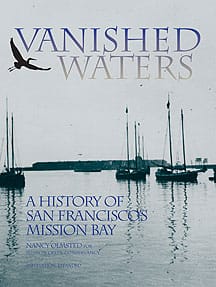
Leave a Reply